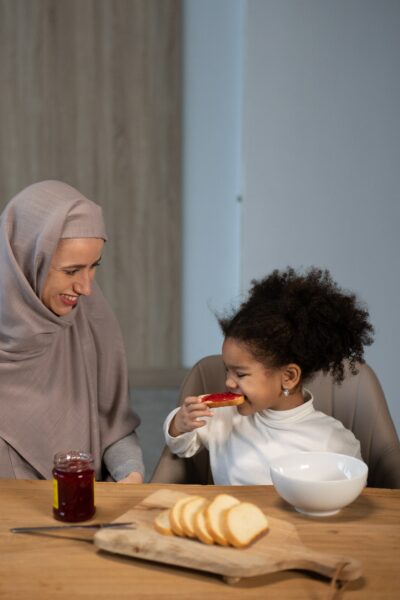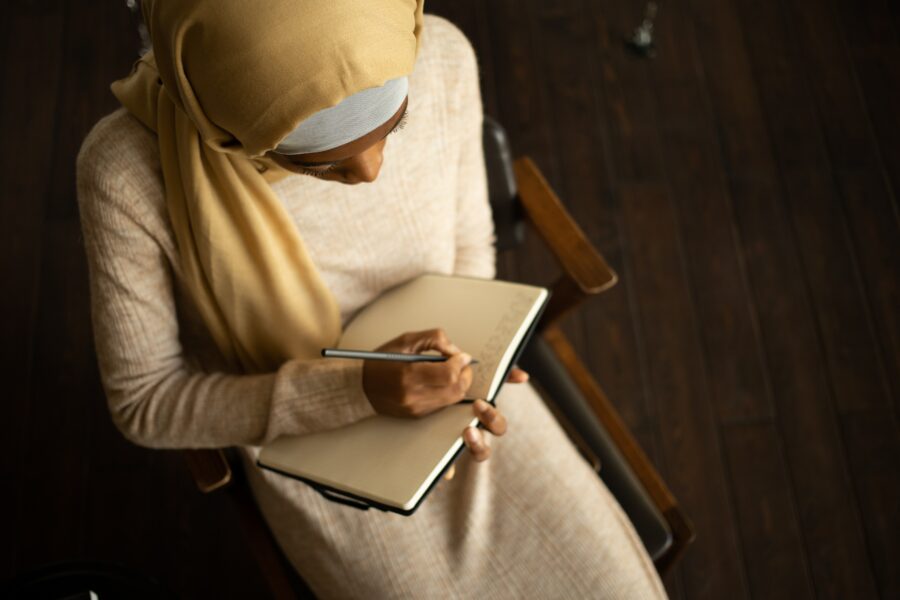The last sermon of the Prophet (saw) remains close to our hearts even until today, and will continue to be so beyond our years. It’s as relevant today as it was when it was delivered. This Rabi’ Al-Awwal we’ll be taking a deeper look into its teachings and gain wisdom from it.
Look beyond yourself
We live in a self-centered world where we ponder on ourselves in every aspect, be it for our goals, future or present life. There’s nothing wrong with striving for better for yourself, but we’re told to do it within moderation. After all, as Muslims we believe that whilst we have rights that need to be fulfilled by others, we also have rights placed on us that we need to recognise, whether those are the rights of our family, friends or even strangers – both Muslim and non-alike.
The Prophet (saw) spoke of this in his sermon and said: “Your lives and properties are sacred. You have rights over your wives, and your wives have rights over you.”
To embody this, we should ponder on the relationships around us. Pay attention to how you show up within the lives of others, and if there’s anything you could improve on. Be it with your parents or your spouse, try your best to listen to their needs, and fulfil them to the best of your ability.

It’s not about your skin
Although we’ve come a long way in regards to equality and brotherhood, there’s still work to be done in society, and even closer to home – within the Muslim community. There’s division and stereotypes held by those who cling onto cultural norms, and this causes issues in every fragment of our lives, whether in regards to marriage, or even Islamic spaces you feel welcome in.
“All mankind is from Adam and Eve. An Arab has no superiority over a non-Arab, nor does a non-Arab have any superiority over an Arab; a white has no superiority over a black, nor does a black have any superiority over a white; none have superiority over another except by piety and good action.”
The Prophet (saw) spoke about the superiority of races, and that there is no such hierarchy within Islam; only piety and good character is judged. Although these are the teachings within Islam, it’s Muslims that do not adhere to them and cause corruption within our communities.
Continue to seek
There’s often a point in our lives where we stop seeking knowledge, or reduce it. This may be when you’re fulfilling your responsibilities or simply because life gets in the way. But within the last sermon, the Prophet (saw) encourages us continue to seek knowledge and act on it.
There’s no point in our lives – no matter how old, or what situation you’re placed in – that educating yourself is looked down upon. There’s always something to learn and explore, and this will be bring you closer to your Lord.
Where there’s ignorance, there’s a likelihood that faith will waver. But if there’s something you would like to learn more about, then there’s plenty of resources available both online and in-person to help you, be it a class being held in your local mosque or even a talk by a specific speaker online.
Don’t feel as though it’s too late to start – make the first move and Allah will surely make the path easy for you and remember, it’s all in the intention.

Confirming his finality
The Prophet (saw) clearly declared he is the final Prophet (saw) and that no messenger would come after him. This finality is a reminder to us all, and to those considering the faith. It’s crystal clear and we’re reminded of it within his sermon.
It’s also an open invitation to spread his (saw) message, verbally or through our actions. There will no other messenger so it’s our role as believers from his Ummah to continue to spread his message, and embody his perfect character.
A beacon of wisdom
The last sermon of the Prophet is as beneficial to us today as it was on Mount Arafat when it was declared. We can gain wisdom and direction from it and use it to enlighten us and many generations to come. This Rabi’ Al-Awaal, you can consider the Prophet’s sermon more deeply, and try to embody his teachings to the best of our ability. To love him is to follow in his (saw) footsteps, and take on board his teachings and guidance.